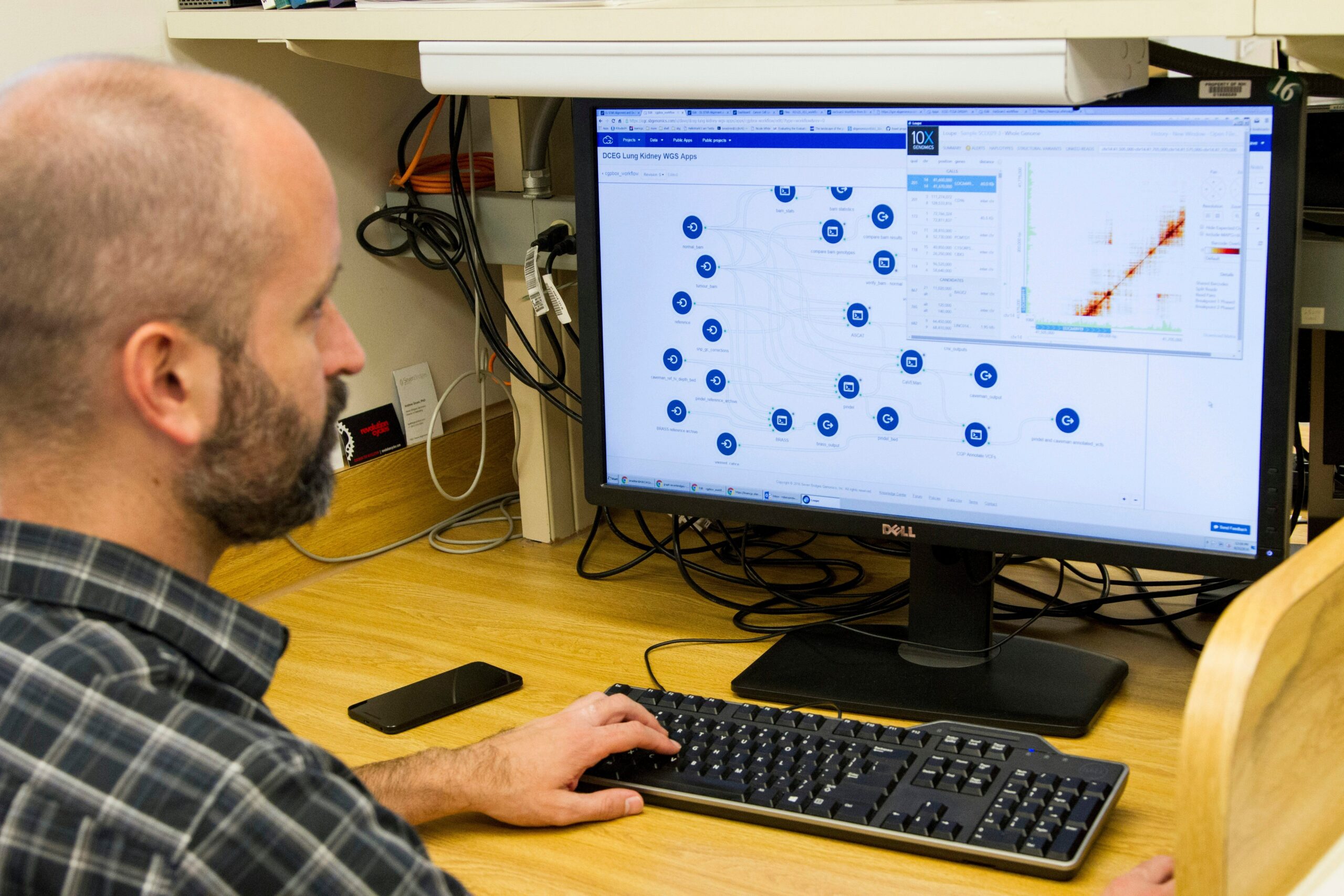
Isaiah Gee vividly recalls the challenging transition from boyhood to manhood. “I was a pretty insecure teenager, I was pretty afraid of rejection, not just romantically but probably on a larger scale by my peers,” the 22-year-old shared. He felt immense pressure from friends, the internet, and even more so from himself, to embody a hyper-masculine persona to gain acceptance and suppress his identity as a person of color.
Attending an all-boys school, Isaiah was engulfed by “acts of masculinity.” He explained, “Whether that was how many girls you could meet, or how loud you could be, how good you were at school or how disruptive you could be.”
Similarly, Mikey D experienced these pressures, which persisted into his early adulthood, leading him to seek answers online. “I just wanted help with getting a girlfriend and getting women to notice me as a young man, so I went online, harmlessly just looking up how to get a girl to respond,” the now 27-year-old recounted. However, he quickly found himself in the “manosphere,” a digital space hostile to women.
“Very quickly, those tips just turn to anger and hatred about women and that they were playing some sort of game that men weren’t in on,” Mikey said.
Both Mikey and Isaiah now aim to demonstrate to other young men that manhood does not need to adhere to a stereotypical checklist. Their experiences reflect broader societal issues highlighted in a new report.
‘Herculean Cookie-Cutter Mould’ of Masculinity Still Exists
The Adolescent Man Box Study from Jesuit Social Services reveals that some teenagers still perceive significant pressure to act tough, strong, and heterosexual. While most reject these views, the survey of 1,400 boys, girls, and non-binary teenagers shows that some boys cling to rigid ideas of masculinity, impacting their well-being and behavior.
“Overwhelmingly, boys told us that they want a more gender-equal world,” said Matt Tyler, the executive director of the Men’s Project at Jesuit Social Services.
However, the survey paints a concerning picture for boys endorsing these views. It found 44% of teenage boys personally agreed they must always appear confident, while 43% agreed that a teenage boy should appear strong to others, no matter what happens. In contrast, only 15% of young women agreed boys must appear confident, and 13% believed they should appear strong.
“Those young men [that personally endorse these beliefs] are more likely to support attitudes that condone violence against women, self-report sexual harassment, and retaliate when they’re rejected,” Tyler noted.
Isaiah and Mikey have since shed the pressures and influences they felt as younger men. Isaiah credits leaving his all-boys high school and forming genuine friendships with women at university for changing his views on masculinity.
“Just spending time with [girls], simple as it sounds, was pretty radical for me,” he said.
Warnings of Pornography’s ‘Catastrophic’ Influence
The Adolescent Man Box report found that 59% of adolescent boys had viewed pornography, with around half viewing it once a month or more. Tyler expressed concern about the violent nature of the pornography adolescents are exposed to, which influences their perspectives on relationships and sexual expectations.
“Increasingly, the pornography that adolescents are viewing is violent, it’s depicting choking and other deeply degrading acts of women,” Tyler said.
Isaiah admitted turning to pornography for answers during his teenage years, which had a “catastrophic” impact on his early dating experiences, mental health, and sense of identity.
“It definitely distorted my perception of women generally. I think [it] made me sexualise most of my relations to even female friends or coworkers,” he reflected.
‘How to Deal with Rejection’ Key Issue for Young Men
A crucial call to action from the report is the need for better support for young men on dealing with rejection. Mikey wishes he had received guidance on handling rejection from women and friends, noting it stems from a desire to fit in and the pressure on teenage boys to achieve certain milestones.
“What would have really benefited me as a young man would have been kind of guided through how to deal with that rejection,” he said.
Mikey believes unresolved anger can be particularly dangerous for young men. He observed that anger often turns inward, leading to self-criticism and further isolation.
“Young men, we tap into anger pretty quickly … for me it was just internally angry, ‘Oh you’re stupid for acting that way, for saying those things or putting your heart out there’ and it would all turn inwards,” he explained.
Call to Action for Parents and Leaders
The report highlights the vast array of online material young people turn to for advice, suggesting a crucial role for families in providing guidance. Tyler emphasized the importance of equipping parents with the tools to address contemporary issues in adolescents’ lives, such as violent pornography and digital surveillance.
“We hear from adolescent boys that they don’t feel comfortable to seek help from services, or from family and friends or at school,” said Professor Kate Fitz-Gibbon, an expert in gender-based violence at Monash University.
Experts advocate for government support services and safer online environments created by technology companies. Mikey, now a well-known DJ, sees positive changes in the behavior of men around him and underscores the importance of role models and accountability among young men.
“When there’s good men in the club role-modelling great behaviour, the younger men are following suit,” he said.
As society continues to grapple with the pressures of masculinity, the experiences of Isaiah and Mikey offer a glimpse into the potential for change and the importance of fostering a more inclusive understanding of manhood.







